Category: Humanity
-
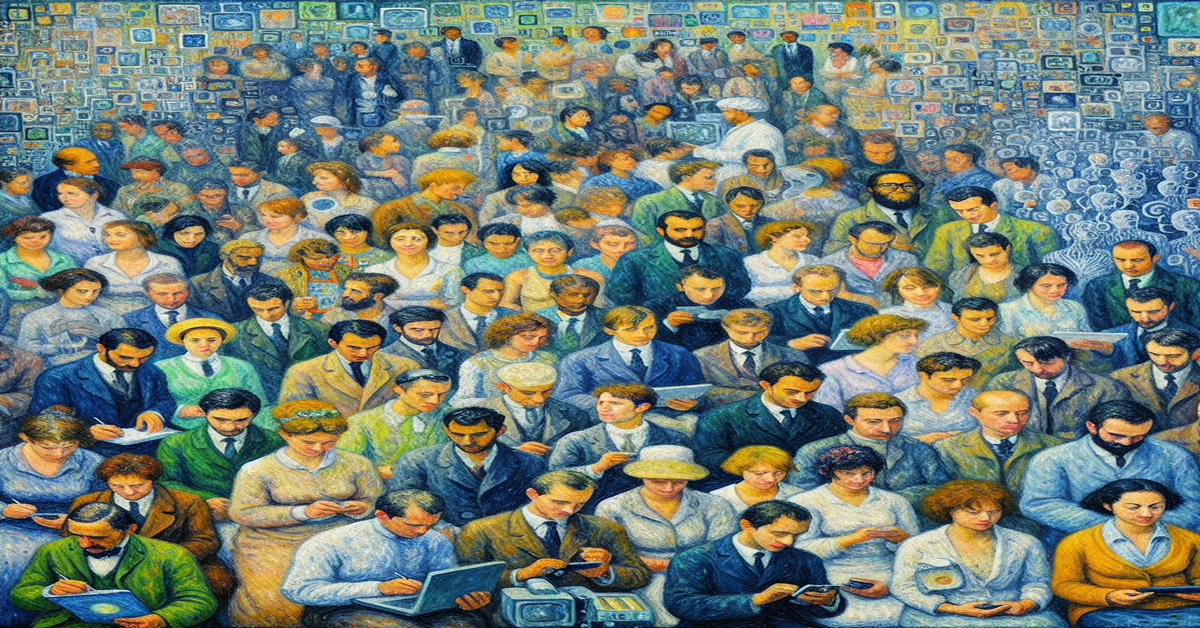
Aphantasia’s Impact on Your Career: What You Need to Know
Understanding Aphantasia Aphantasia is a neurological condition characterized by an individual's inability to visualize images in their mind. Unlike people with typical visual imagery capabilities who can summon pictures, scenes, or familiar faces mentally, those with aphantasia experience a blank canvas when attempting the same task. Despite their lack of mental imagery, individuals with aphantasia…
-

Living with Aphantasia: Understanding the Mind’s Eye
What is Aphantasia? Aphantasia is a unique neurological condition characterized by an inability to voluntarily visualize mental images. People with aphantasia do not experience what is often referred to as the "mind's eye," which allows typical individuals to summon images from memory, imagination, or during interactive thought processes. First formally identified by neurologist Adam Zeman…
-
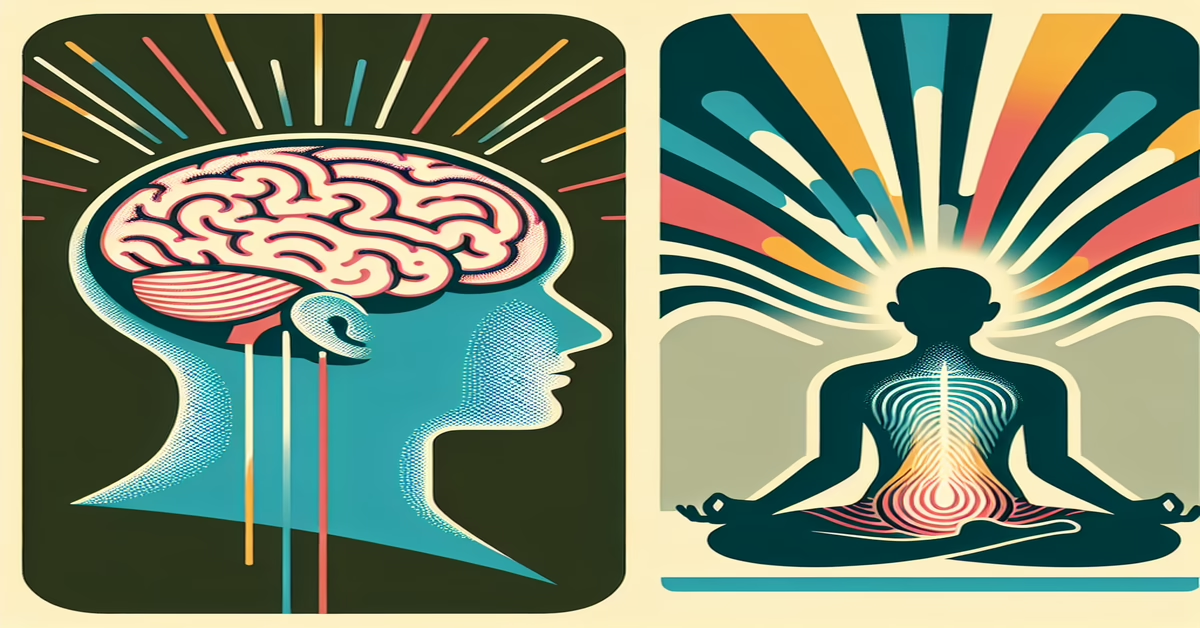
Mental Imagery Exercises: Boosting Mind Through Visualization
What is Mental Imagery? Mental imagery, often referred to as visualization, is a cognitive process where an individual creates vivid mental pictures or scenarios in their mind without any immediate sensory input. It is akin to picturing a scene, practicing a task, or reliving an experience solely within the boundaries of one's imagination. This inherent…
-
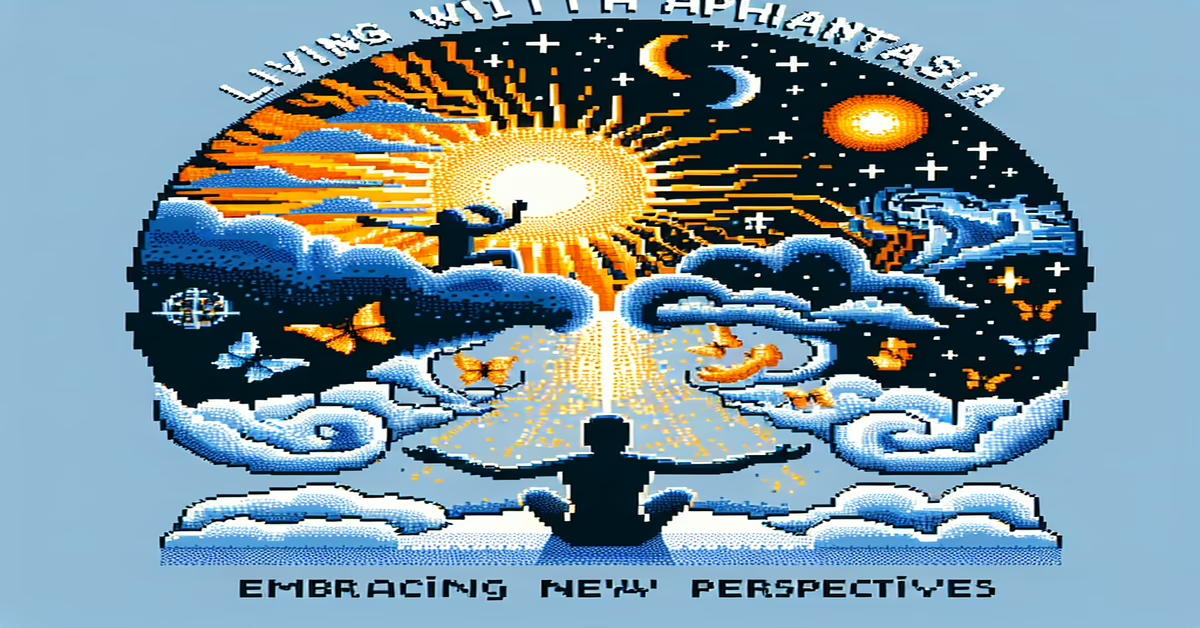
Living with Aphantasia: Embracing New Perspectives
Understanding Aphantasia Aphantasia is a neurological condition wherein individuals are unable to visualize images in their mind's eye. This phenomenon was first brought into the spotlight by cognitive scientist Adam Zeman in 2015, though anecdotal reports of such a condition exist in earlier scholarly references. People with aphantasia might describe their internal world as devoid…
-
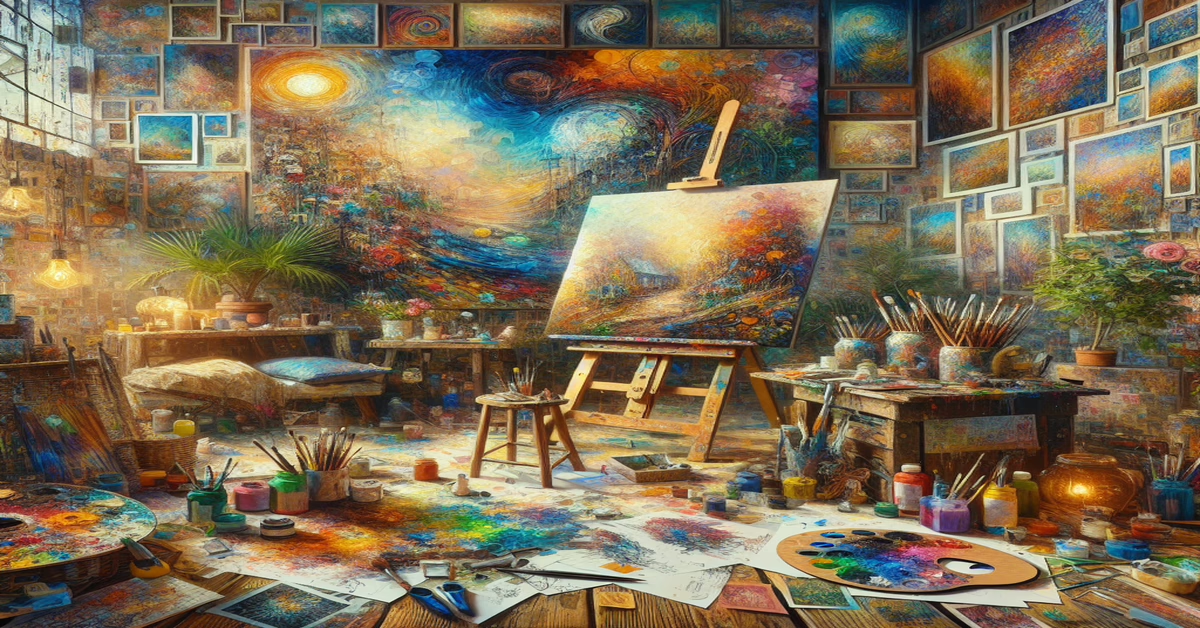
How Artists Thrive with Aphantasia
Understanding Aphantasia Aphantasia is a neurological condition where individuals are unable to visualize mental imagery. This phenomenon affects people's ability to conjure images in their minds, which is something that most individuals who do not have aphantasia do effortlessly. For those with aphantasia, the canvas in their minds remains blank, devoid of imagined pictures or…
-
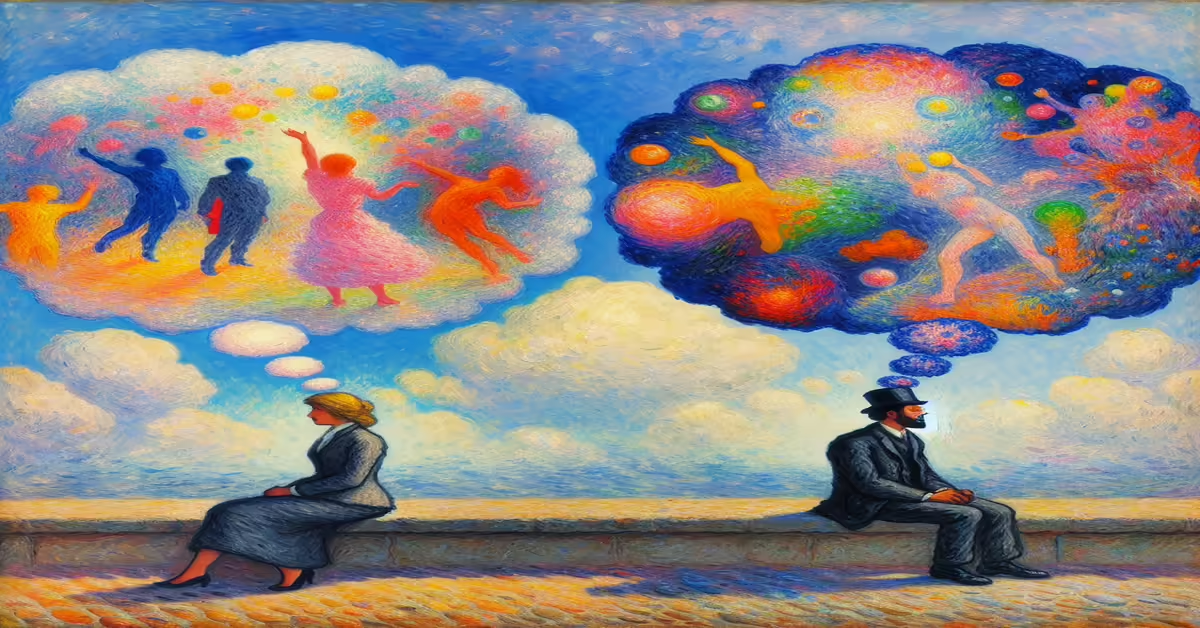
Aphantasia Impact on Personal Relationships
Understanding Aphantasia Aphantasia is a unique neurological condition where individuals lack the ability to visualize images in their mind's eye. This phenomenon, surprisingly not widely discussed until recently, denotes an absence of voluntary mental imagery. To someone with aphantasia, picturing a vibrant sunrise or the face of a loved one may only be possible through…
-
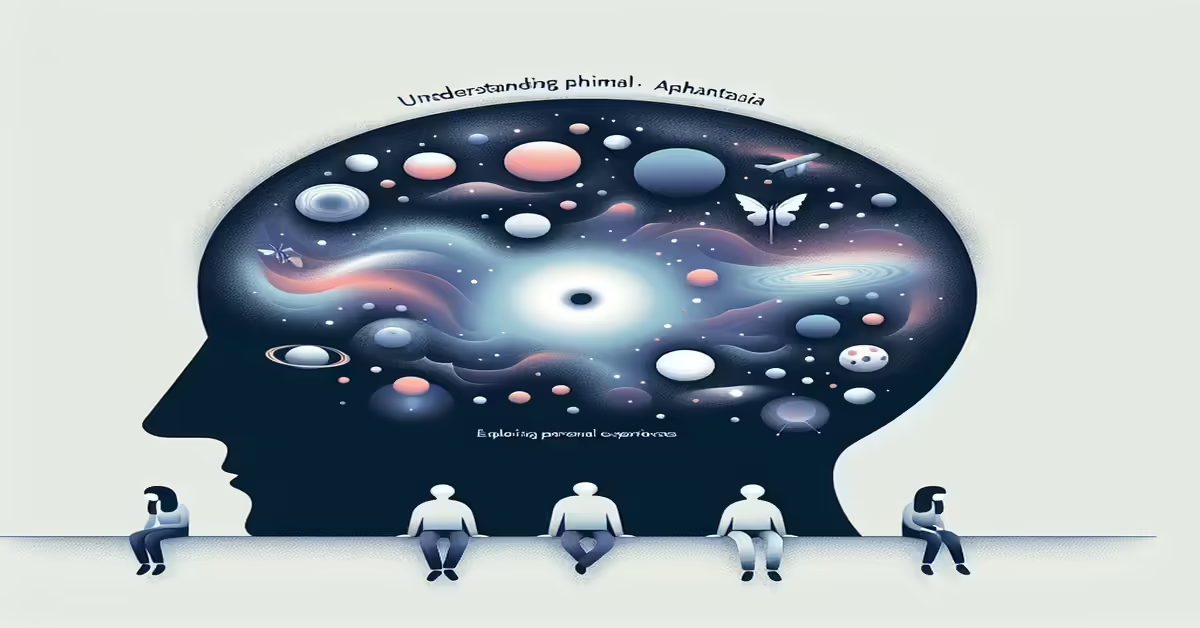
Understanding Aphantasia: Exploring Personal Experiences
What is Aphantasia? Aphantasia is a fascinating neurological condition characterized by an inability to voluntarily visualize imagery. This means individuals with aphantasia cannot conjure mental images in their minds, a task many others do effortlessly. The term itself originates from the Greek words a, meaning without, and phantasia, meaning imagination, coined to encapsulate this unique…
-
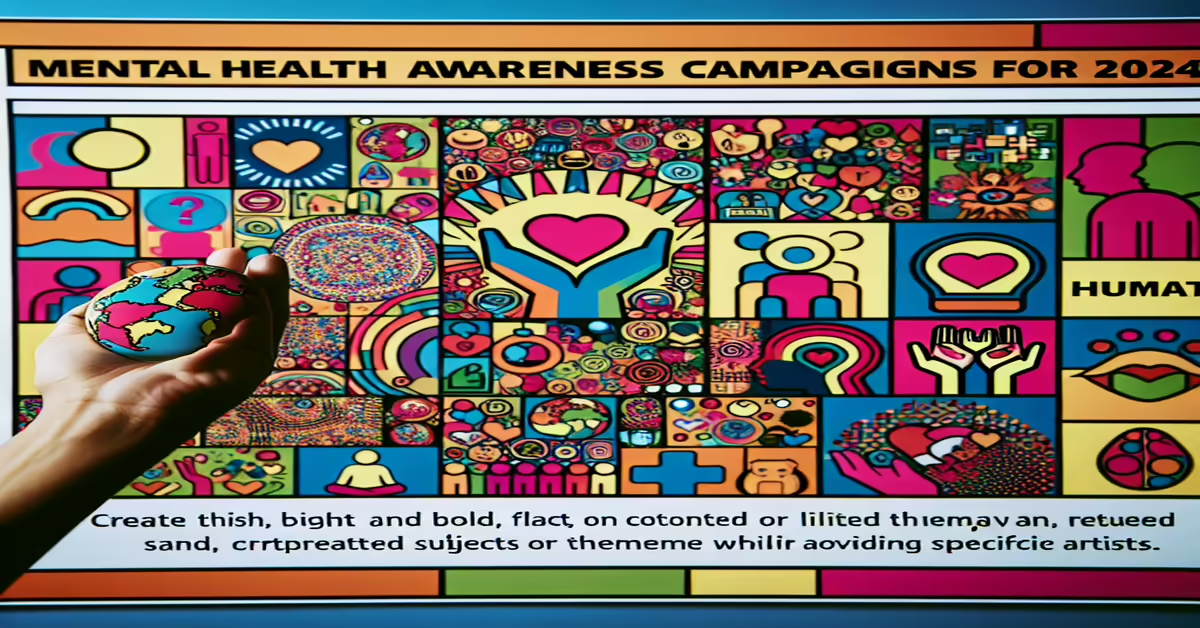
Mental Health Awareness Campaigns for 2024
Introduction to 2024 Campaigns As we move into 2024, the importance of mental health awareness has reached a critical peak. This year promises to be pivotal for campaigns aiming to address mental health challenges globally. These initiatives are essential as they seek to tackle the stigma surrounding mental health issues while advocating for open conversations…
-
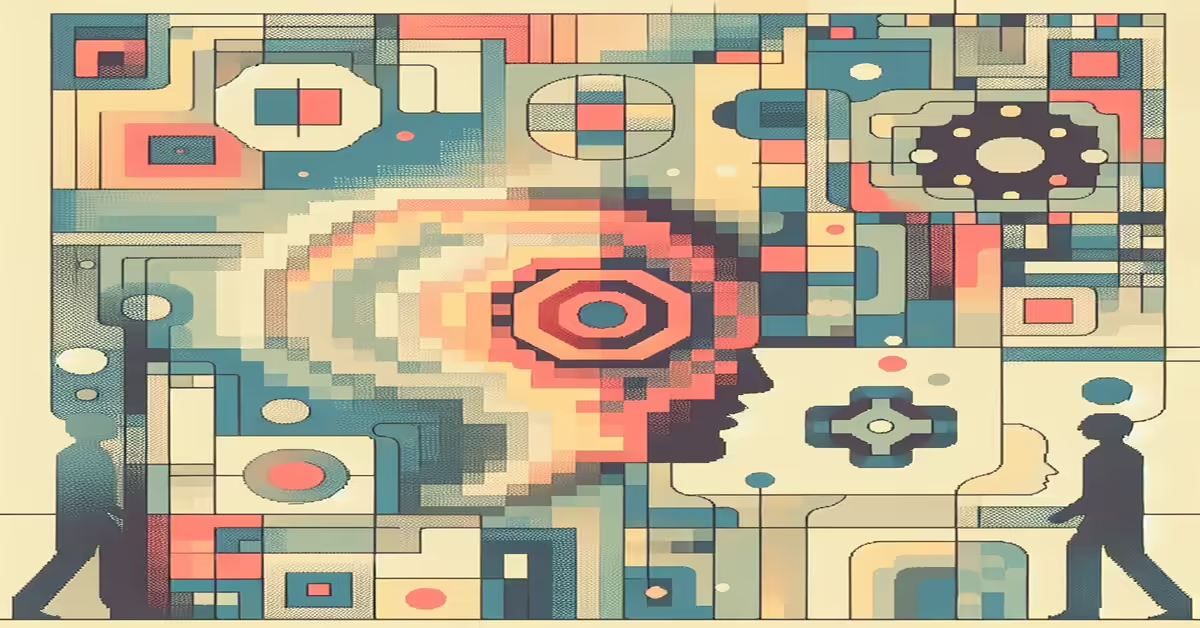
Understanding Aphantasia: Navigating Daily Life Without Visualization
What is Aphantasia? Aphantasia is a neurological condition characterized by the inability to voluntarily visualize imagery. Individuals with aphantasia cannot generate mental pictures, an ability most people take for granted during activities like daydreaming, recalling past experiences, or imagining future scenarios. This condition was first thoroughly studied in the early 21st century, although anecdotal evidence…
-
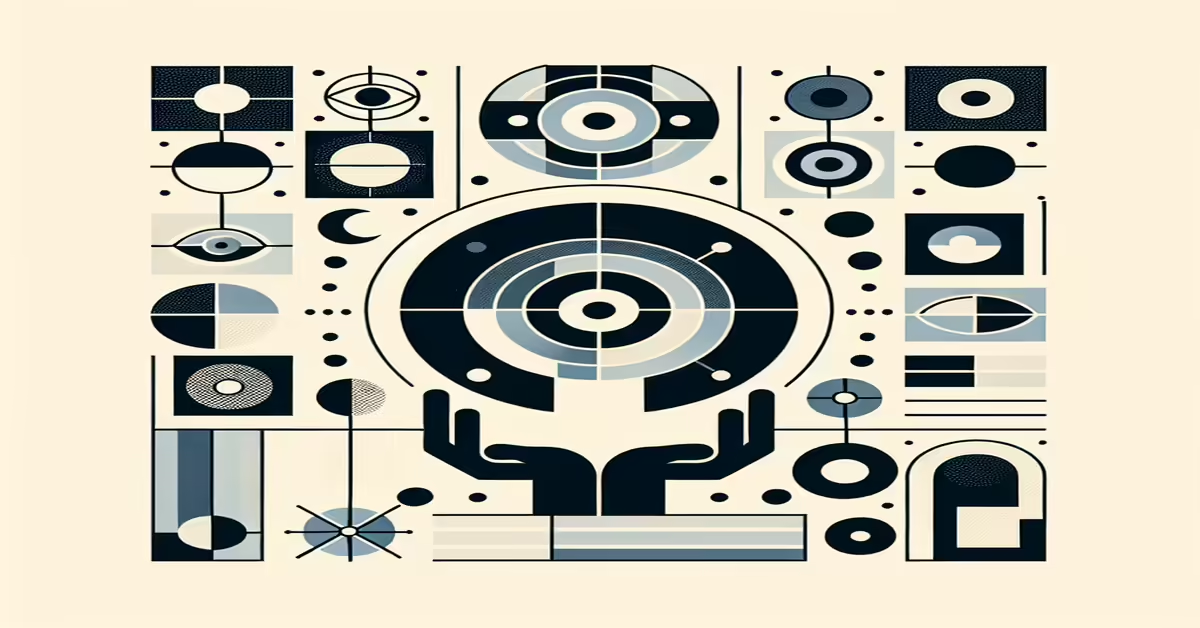
Understanding Aphantasia: Raising Awareness
What is Aphantasia? Aphantasia is a term used to describe the inability to visualize mental images. For people living with this condition, the mind's eye is effectively non-existent; they cannot conjure up any visual representations of scenes or objects. This is the result of differences in how the brain processes visual imagery, and although the…